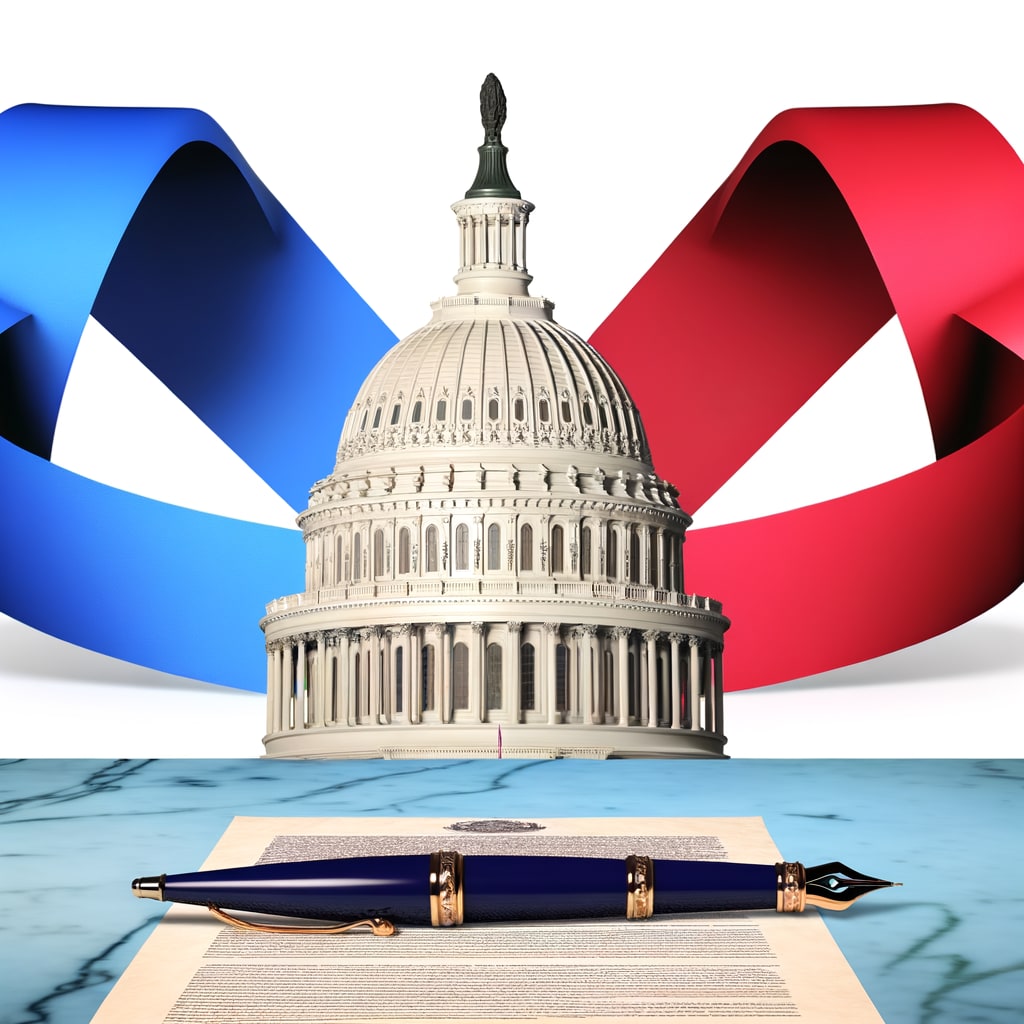US Congress Approves Release of Epstein Files
The US Congress has approved the release of the controversial Epstein files in a near-unanimous vote, marking a significant step in the years-long effort to make government documents on the late sex offender public. With a resounding vote of 427-1, the bill has been sent to President Donald Trump for his signature, setting the stage for the Justice Department to release all files related to its investigation into Jeffrey Epstein.
Context of the Vote
The House of Representatives was all but certain to compel the publication of unclassified documents detailing the Epstein probe. Despite initial resistance from the Republican leaders, the pressure eventually led to a unanimous vote. The Epstein scandal has been a political thorn in Trump’s side for months, with allegations of the President trying to hide elements implicating him in the case.
Key Developments
President Trump had initially opposed the release of the Epstein files but reversed his position amid revolt from Republican allies. He is now expected to sign off on the bill, which has already passed in the Republican-controlled House. Trump's changed position on the bill, however, has not quelled his anger about the attention paid to the Epstein matter.
As reported by ANSA, the victims of the financier on Capitol Hill said, 'Enough politicizing the case'. The vote was scheduled after 8:00 PM, and the bill was subsequently approved with overwhelming support in the House of Representatives.
Implications and Reactions
The bill requires the Justice Department to release the Epstein files within 30 days once Trump signs the measure. This vote represents a major step in the effort to make government documents on the late sex offender public.
Trump has been accused of insulting a journalist during the proceedings, calling her a 'terrible person' for asking about his relationship with Epstein and dismissing it as a 'hoax'. The only 'no' vote on the Epstein bill marked a rare moment of bipartisanship on Capitol Hill that was almost unanimous.
House lawmakers, including Rep. Ro Khanna, D-Calif., and Rep. Thomas Massie, R-Ky., are pressuring the Senate to pass the measure without any amendments. They warned of a ‘reckoning’ if the bill was changed.
Conclusion
The bill, obliging the US Department of Justice to publish the files, now awaits President Trump's signature. The White House did not expect both houses of Congress to approve the bill so quickly. However, the near-unanimous support for the bill indicates a strong bipartisan commitment to transparency on the Epstein case.

